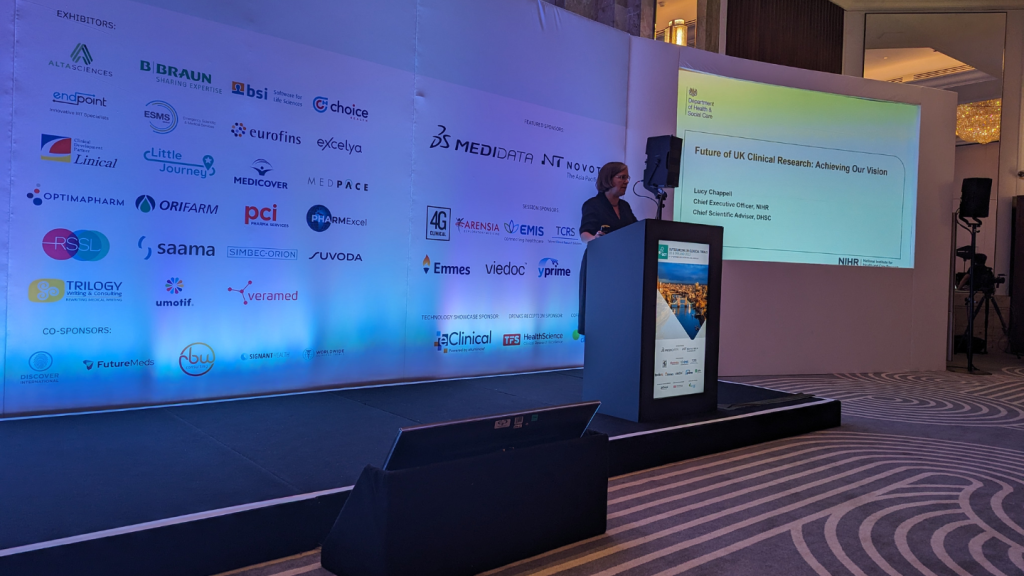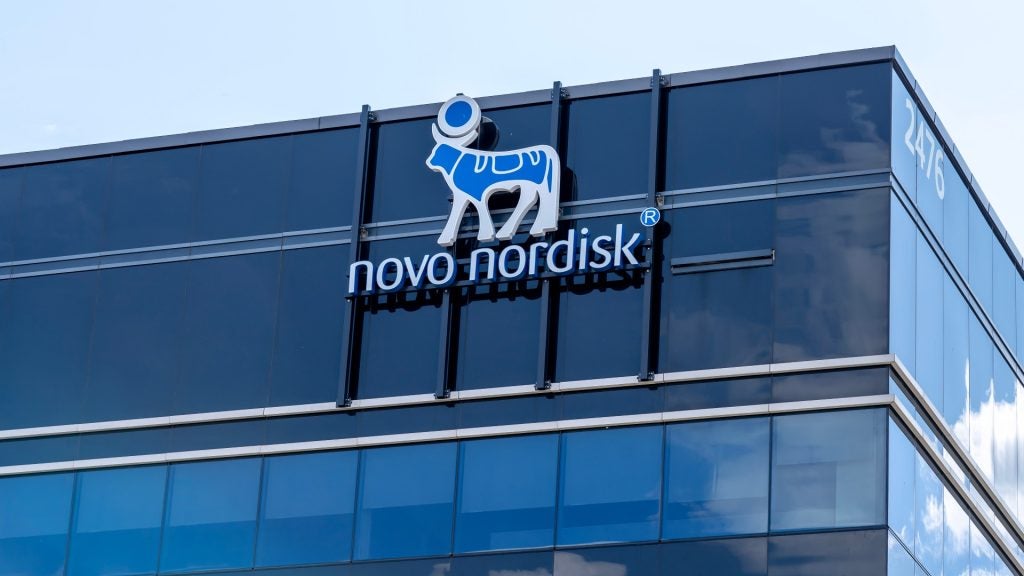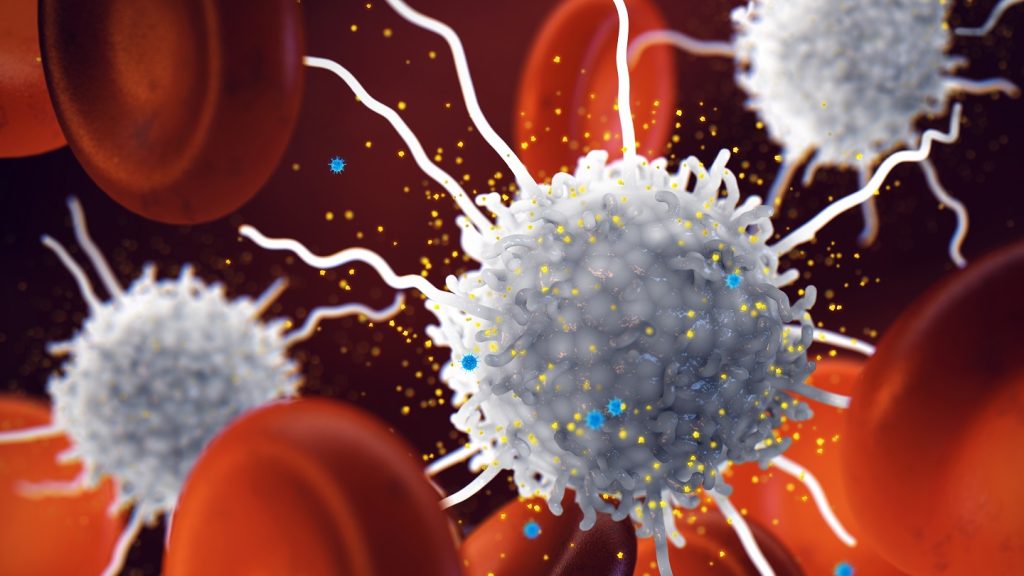SynAct Pharma has reported that the P2b EXPAND study of oral resomelagon (AP1189) to treat rheumatoid arthritis (RA) patients failed to meet its primary endpoint of significant improvement over a placebo in the ACR20 outcome.
The 12-week trial evaluated 100mg resomelagon once-a-day in RA patients experiencing severe disease activity.
The oral therapy continued to demonstrate a favourable safety profile, although it did not demonstrate a clear clinical benefit regarding the endpoint.
Objective activity measures in the clinical trial were found to be more consistent with the BEGIN study.
The multi-centre, double-blind, randomised, placebo-controlled EXPAND (SynAct-CS007) trial of resomelagon was conducted in newly diagnosed, treatment naïve patients, with highly active RA, in sites in Bulgaria and Moldova.
It randomised 127 patients with high disease activity (CDAI > 22) into a 1:1 ratio for treatment with 100mg resomelagon or a placebo once daily, in addition to a background of methotrexate (MTX) therapy.
An improved ACR20 response was observed in 54.7% of patients treated with resomelagon at 12 weeks, compared to 55.7% of patients receiving a placebo.
The unexpected finding in part was driven by increased placebo responses linked to the ACR scoring system’s subjective component measures.
To obtain a better understanding of these results, SynAct continues to evaluate the top-line data from the trial.
SynAct Pharma CEO Torbjørn Bjerke said: “While we are disappointed in the EXPAND topline results, we remain steadfast in our belief in the potential for resolution therapy with resomelagon to help address key unmet needs not fully addressed with current treatments.
“The treatment naïve population studied in both the BEGIN and EXPAND studies has a high-level of unmet need, but the DMARD incomplete responder patients being studied in the RESOLVE study represent the real high-value commercial opportunity for resomelagon in RA.”















